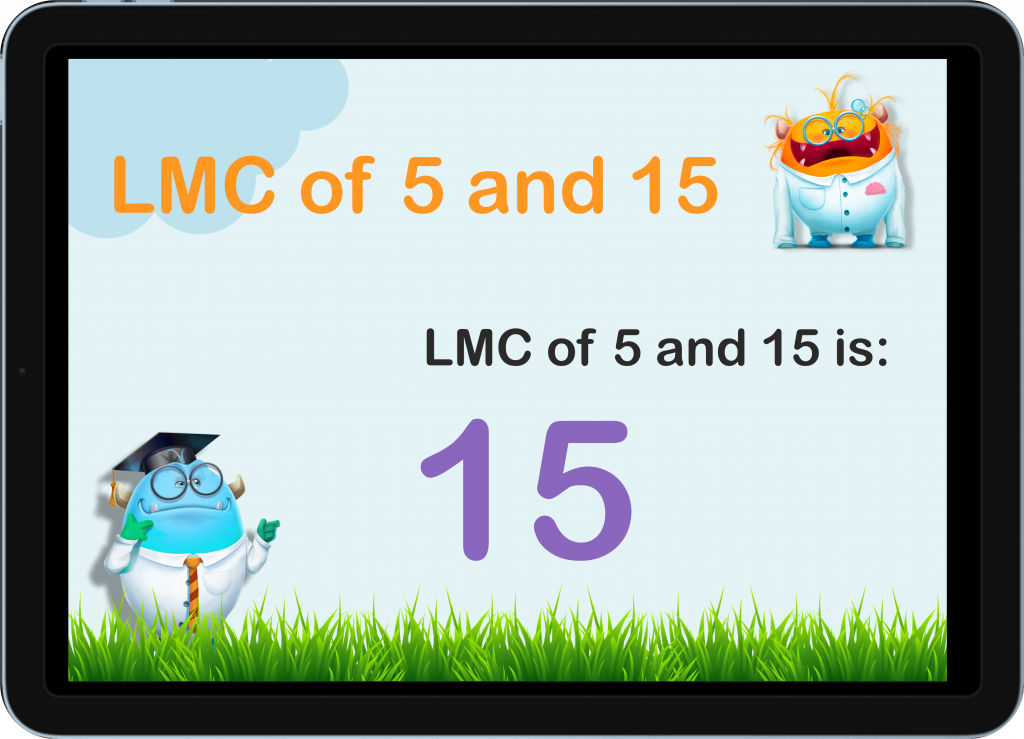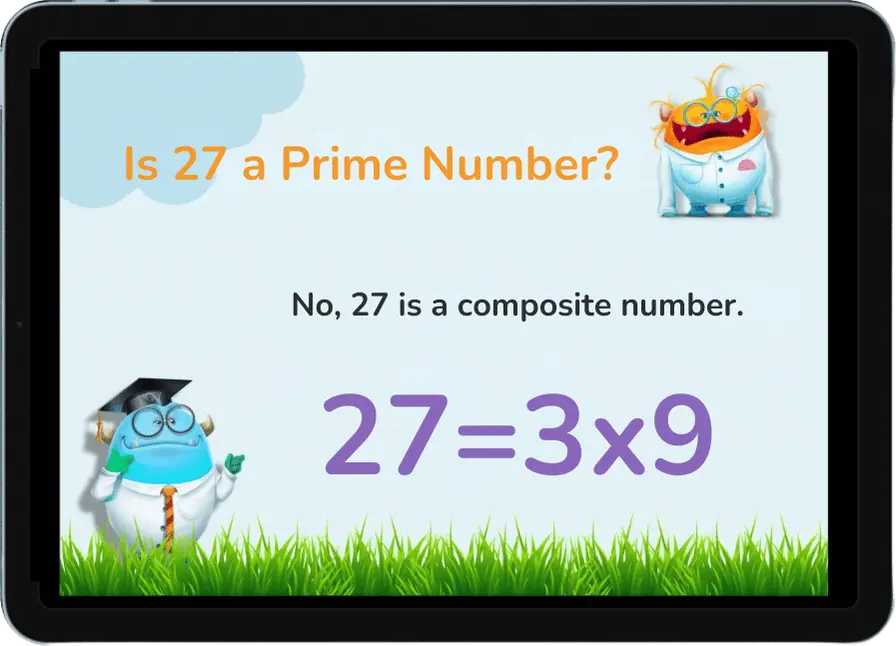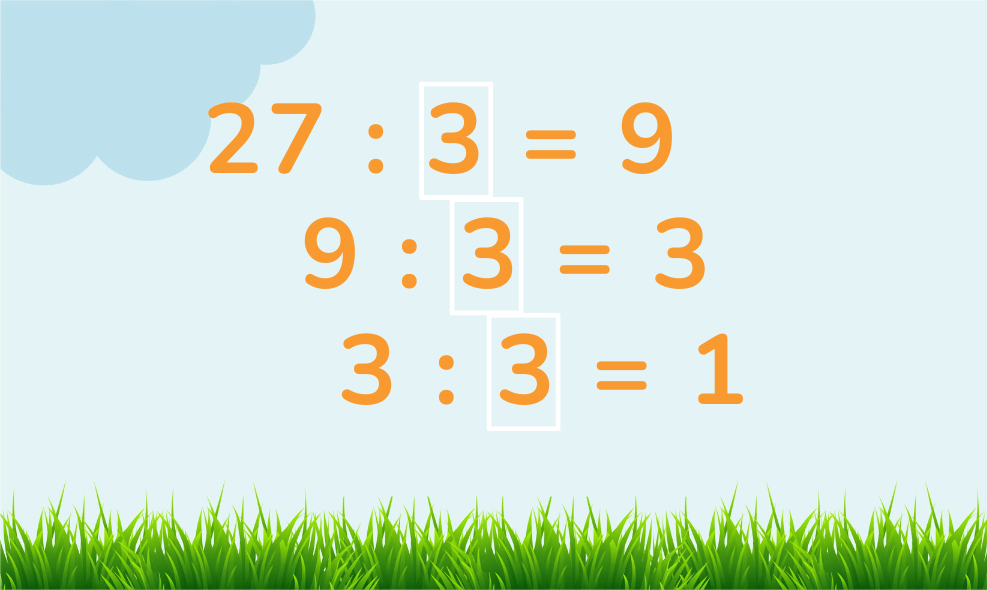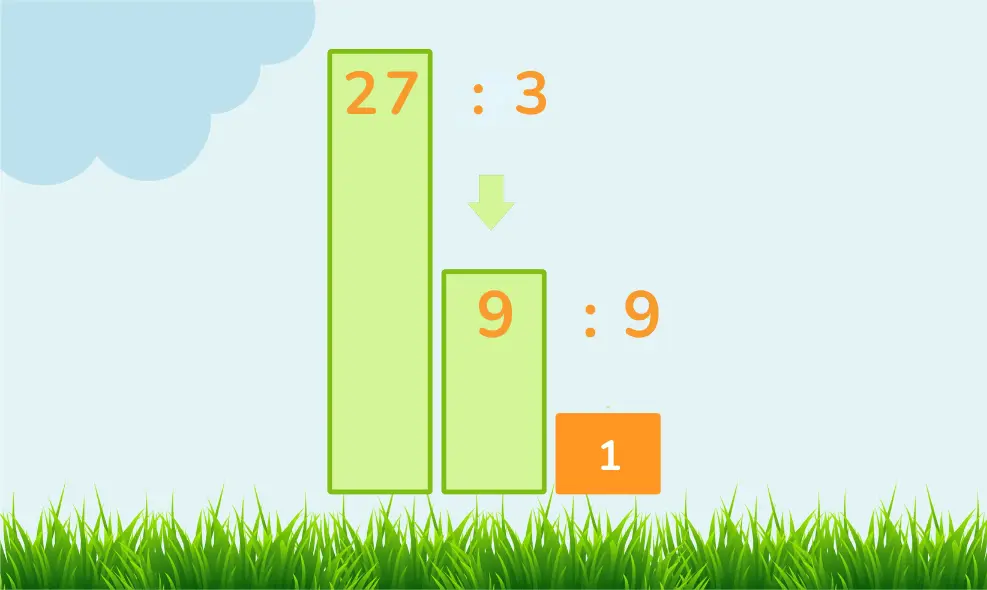Is 2 A Prime Number?
Prime vs. Composite Numbers
Greetings, young math enthusiasts! Today, let’s set sail on a mathematical voyage to determine if 2 is a prime number, and learn more about the difference between prime and composite numbers.

Is 27 a Prime Number?
Or is 27 a Composite Number?
Hey there, number enthusiasts! Have you ever wondered if 27 is a prime number? Numbers have their own personalities and quirks, and today we’re diving deep into the world of 27. Get ready to uncover its secrets and learn what makes 27 tick. Let’s get started!


No credit card required

No credit card required
Is 27 a Prime Number?
Why is 27 Not a Prime Number?
What are the Prime Factors of 27?
What are the Factors of 27?
What is the Closest Prime to Number 27?
Does 27 Have 2 Factors?
What Type of Number is 27?
Is 27 a Semiprime Number?
What is So Special About Number 27?
Is 27 a Prime Number?
First things first: is 27 a prime number? The short answer is no, it isn’t. But why not? To understand this, we need to delve into what makes a number prime.
Why is 27 Not a Prime Number?
A prime number is a number that can only be divided by 1 and itself without leaving a remainder. Prime numbers are like exclusive club members—they only allow two factors. Examples include 2, 3, 5, 7, and 11.
To determine if 27 is a prime number, we check if it has any divisors other than 1 and itself. When we do the math, we find that 27 can be divided evenly by 1, 3, 9, and 27. Because it has more than two factors, 27 is not a prime number. It’s actually a composite number.
What are the Prime Factors of 27?

Prime factorization helps us break down a number into its basic building blocks. For 27, this means finding the prime numbers that multiply together to give us 27. Let’s break it down:
- Start with the smallest prime number, 2. Since 27 is odd, it can’t be divided by 2.
- Move to the next smallest prime number, 3.
27÷3=9 - Divide 9 by 3 to get 3.
9÷3=3 - Finally, divide 3 by 3 to get 1.
3÷3=1
So, 27 can be expressed as the product of three 3s: 27=3×3×3
Therefore, the prime factors of 27 are 3, 3, and 3 (or 33).
What are the Factors of 27?

Factors are the numbers you can multiply together to get another number. For 27, we look for all pairs of numbers that multiply to equal 27. Here are the factors:
- 1×27=27
- 3×9=27
So, the factors of 27 are: 1,3,9,27
These numbers can all be divided evenly into 27 without leaving a remainder.
What is the Closest Prime to Number 27?
The closest prime numbers to 27 are 23 and 29. Prime numbers are those that have no other divisors besides 1 and themselves. So, if you’re looking for the nearest prime neighbors, 23 and 29 are it!
Does 27 Have 2 Factors?
No, 27 has more than 2 factors. It has four factors: 1, 3, 9, and 27. Remember, prime numbers only have two factors—1 and themselves. Since 27 has four factors, it’s definitely not a prime number.
What Type of Number is 27?
So, what type of number is 27? Let’s categorize it:
- Composite Number: Because it has more than two factors.
- Odd Number: 27 is odd since it can’t be divided by 2 without leaving a remainder.
- Natural Number: It’s a positive integer used for counting (1, 2, 3, 4, …).
- Whole Number: It’s a whole number, including all natural numbers and zero.
- Rational Number: It can be expressed as a fraction (27/1).
Is 27 a Semiprime Number?
A semiprime number is a number that is the product of exactly two prime numbers. For example, 6 is a semiprime because it’s 2 x 3.
However, 27 is not a semiprime number because it is the product of the same prime number multiplied by itself three times (3 x 3 x 3). Thus, 27 is not semiprime.
What is So Special About Number 27?
The number 27 has some interesting and fun facts associated with it:
- Cube: 27 is a perfect cube. It is 333^333, which means it’s 3 multiplied by itself twice.
- Rubik’s Cube: A standard Rubik’s Cube has 27 smaller cubes.
- Calendar: There are 27 days in three weeks.
- Science: The atomic number of cobalt is 27.
- Literature: In Dante’s “Divine Comedy,” there are 27 cantos in each of the three sections.
These fun facts show that 27 is more than just a number; it has a significant place in various fields and contexts!
Learn More About Prime Numbers
© 2024 Smartick. All Rights Reserved.
